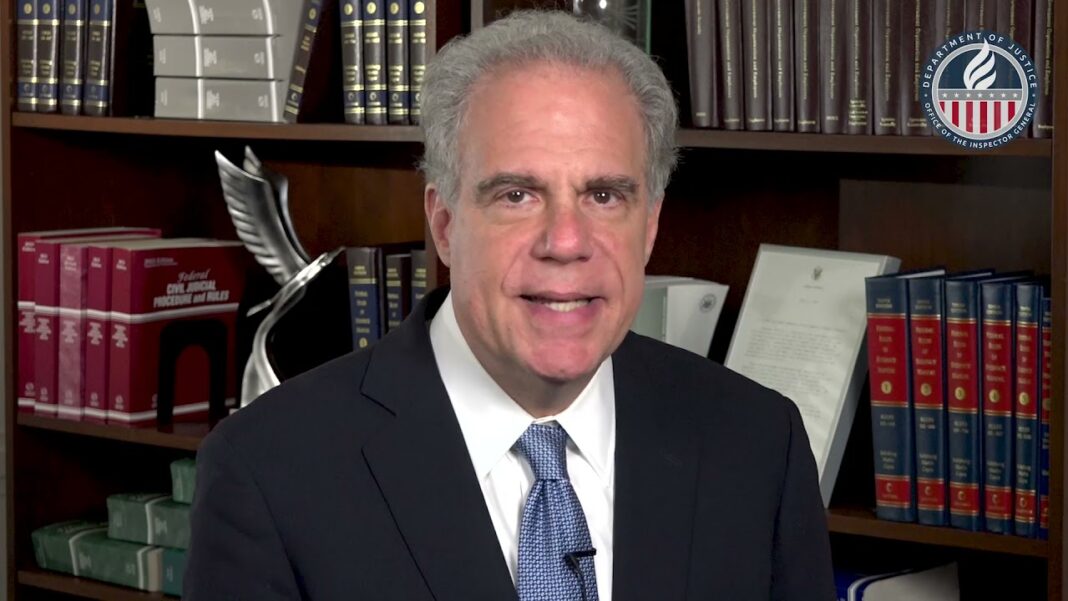The Supreme Court on Wednesday denied a bid to stop Texas from banning abortions after a fetal heartbeat is detected, allowing one of the most restrictive abortion bans in the U.S. to remain in effect.
Senate Bill 8, known as the Texas Heartbeat Act, was signed into law by Republican Gov. Greg Abbott in May.
The law enables private citizens—except for an individual who impregnated a woman through rape or incest—to sue physicians who perform abortions after a fetal heartbeat is detected.
It also allows for civil action to be brought against any person who allegedly aided or abetted a violation of the law. Individuals found to have violated the law would have to pay $10,000 to the person who successfully brings such a lawsuit.
The law does not provide an abortion exception for a pregnancy that’s a result of incest or rape but allows women to have an abortion for “medical emergencies.”
On Wednesday, the court ruled 5-4 against providing relief to abortion and women’s health providers who filed an injunction barring enforcement of the ban on Monday, while litigation continues in their lawsuit challenging its constitutionality.
The court declined to block enforcement of the law over the objection of three liberal associate justices and Chief Justice John Roberts.
“The applicants now before us have raised serious questions regarding the constitutionality of the Texas law at issue,” the court’s majority wrote in a short opinion. “But their application also presents complex and novel antecedent procedural questions on which they have not carried their burden.”
The decision saw one of the court’s six conservatives, Chief Justice John Roberts, join the three liberals in dissent.
“The court’s order is stunning,” wrote liberal Justice Sonia Sotomayor in a dissenting opinion.
“Presented with an application to enjoin a flagrantly unconstitutional law engineered to prohibit women from exercising their constitutional rights and evade judicial scrutiny, a majority of justices have opted to bury their heads in the sand,” she added.
The court’s majority, in an unsigned explanation, said the decision “is not based on any conclusion about the constitutionality of Texas’s law” and allows legal challenges to move forward.







